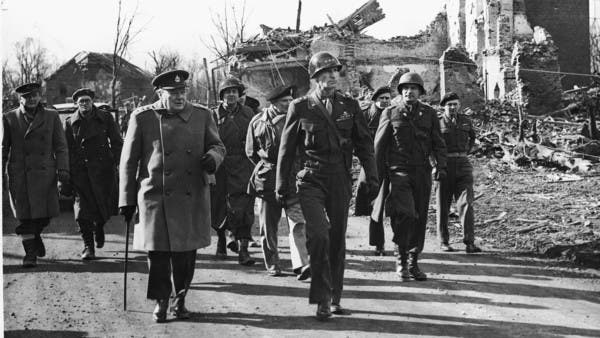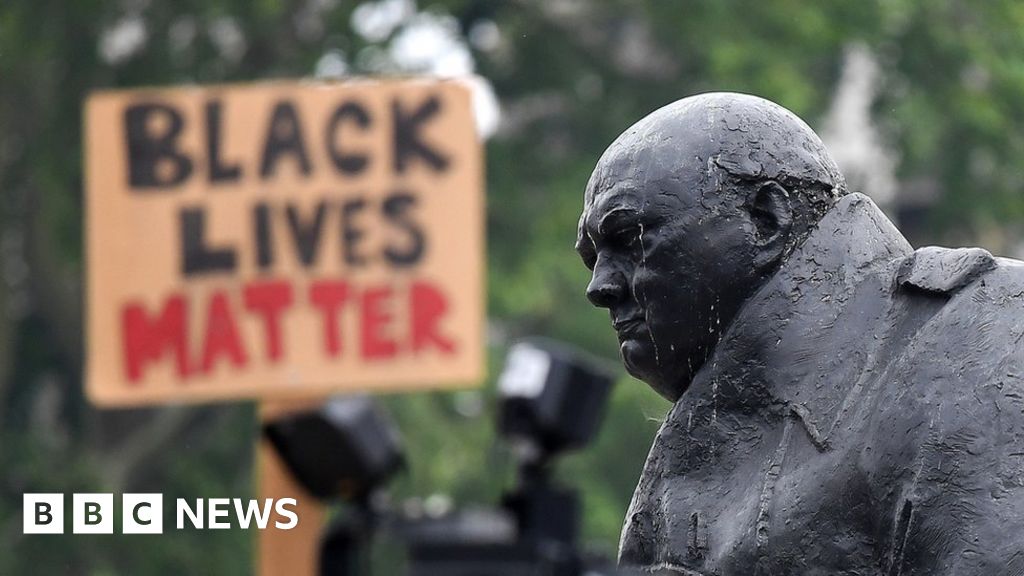You need to work on your reading comprehension, because I said that is when Churchill first advocated for it, but then never stopped advocating for their use against Germany offensively regardless of whether or not Germany used them. Work on your attitude.
Not when the PM was demanding their offensive use. Luckily the other decision makers refused to allow it.
Apparently not given that Hitler and Stalin refused to use chemical weapons, but Churchill wanted to but was restrained by the system. He had a pattern of advocating for their offensive use:
The Western condemnation of the use of chemical weapons in the Middle East, and further afield, is well documented. They have been used to justify threats

english.alarabiya.net
Also the Indians disagree about Churchill's civility:
Yogita Limaye explores how Indians are questioning more about the dark chapters of colonial history.

www.bbc.com
There it is, accusing people of nazism for disagreeing with your rose tinted view of your empire and national heroes.
The European Axis never used them but somehow there was a fear of them using it first? Not real need to keep them in theater given that the Allies had bombers ready to use them based in Britain at any time. It only lead to disaster:
Nazis breach the convention? Did you read the OP? If the Allies view losing as a reason to use, then they are going to be the breachers of the convention.
Shockingly you're incorrect yet again.

treaties.unoda.org
The US signed the 1925 treaty that banned their use.
All the US did was lodge a reservation about their use with countries that didn't observe the prohibition. Reservations don't nullify any of the agreed terms of the treaty, which banned first use against any power even if they were already using it against a third power.
The Soviets didn't sign the treaty though. So per the terms of the treaty the Soviets are not protected against their use even if they didn't initiate CW exchange:



